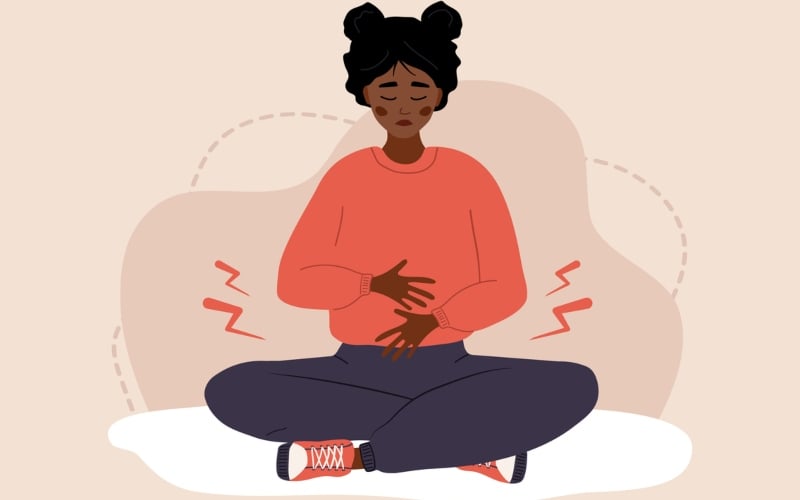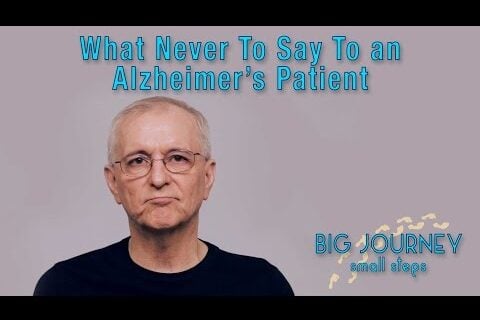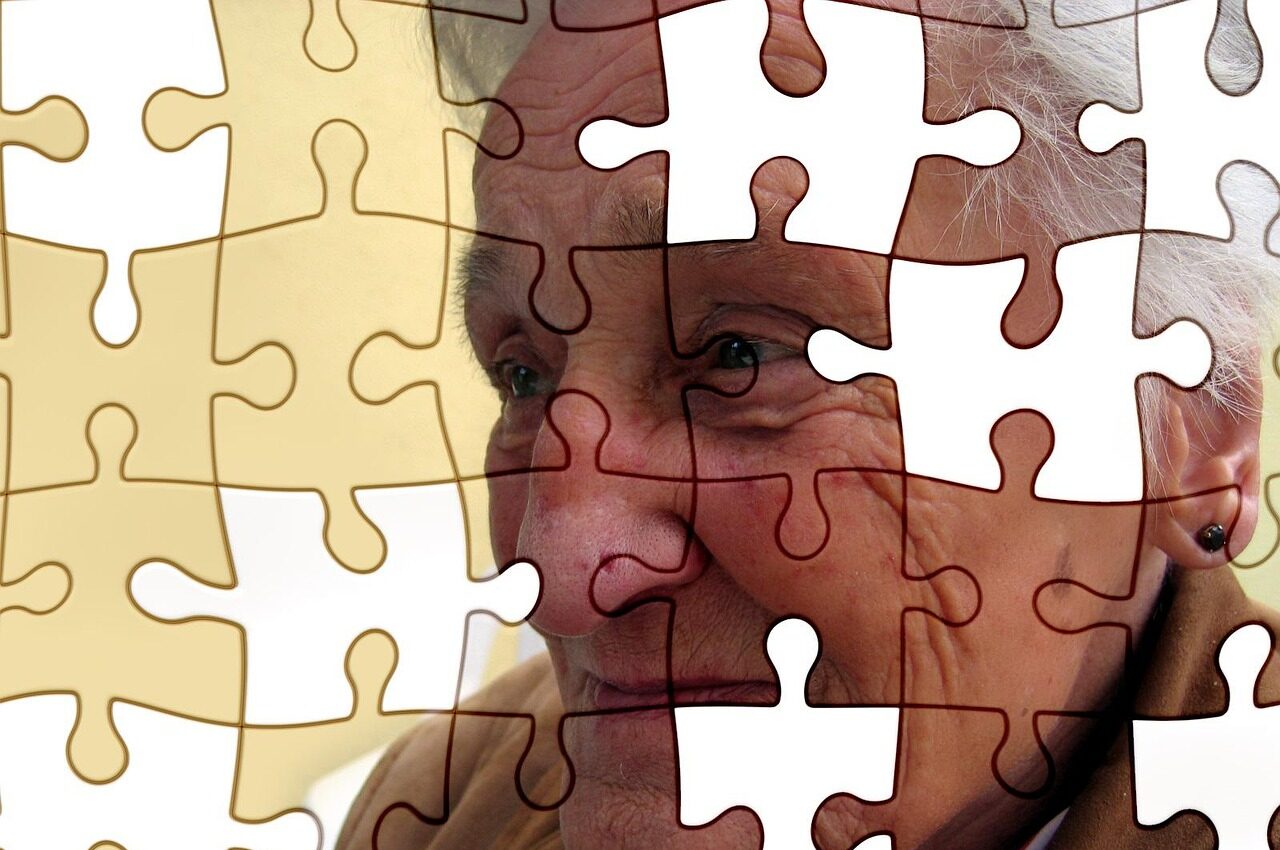As a caregiver, I have acquired a lot of valuable skills. Yet none have impacted me like the lesson I am learning about myself and the quality of life.
In the 1990s, an American pathologist, Dr. Jack Kevorkian, became known as Dr. Death when he helped dozens of terminally ill patients die through doctor-assisted suicide.
At the time, I was a fierce opponent of such “irresponsible” treatment of the ill. My objections were founded in my faith and upbringing, which taught me that we should not take another life. It is God’s will, and it is not for us to decide when our time of death should be.
The phrase “quality of life” is often given as a reason for someone choosing death over life, but I held firmly to the belief that quality of life isn’t for us to decide.
Sometimes, what happens to us or to those we love isn’t so much about their suffering or joy but what lessons are learned by others.
I believed that regardless of the state someone was in, there were lessons to be learned.
Today I am a caregiver for my mother-in-law. We are fortunate that she currently needs minimal care, we take care of the house and most of her meals, help her with essential grooming, etc., and keep her company. Her memory is not as sharp as it once was, but she understands what’s happening for the most part. She can move around her home with minimal difficulties, and we are fortunate to have aides who occasionally come to give her son and me a break.
Even though the situation is not dire, it is not without its challenges and stress in our lives. I am grateful she is well enough to still be in her home and that we can help her. But some days are harder than others, and I pray for God to give me patience and compassion for what she is experiencing each day.
What I am struggling with is neither physical nor emotional but psychological.
My own impression of life is that it is a gift not to squander. We are here for a limited time, and there is so much life beyond our walls, creating this tug of war between where I need to be and where I want to be.
I do not know if my soul would be so conflicted if I felt there was a purpose to my mother-in-law’s existence. I realize that sounds cold, and I don’t mean it to be. However, my husband’s mom is self-absorbed. She takes no interest in anyone except herself and her son. She does not interact with the family. She has no interest in seeing anyone and makes no effort to talk to anybody but us. She will not leave her house and resents it when we go out except for errands.
I could understand more if this was a new behavior, but she has been this way for as long as many can remember. Her days consist of eating, watching tv, and going to bed.
Where is her quality of life?
My mother-in-law’s life expectancy is not expected to go beyond a few years, and I find myself getting angry at her for what I deem a waste of precious time she has left. I can’t understand what she is thinking or what she cares about in her life.
The tug of war between the quality of life and the value in a life confronts me daily. I continually question
Why she is choosing to spend her days in front of the tv?
Doesn’t she miss the feel of the sun warming her skin?
Seeing the enthusiasm for life in her great-grandchildren’s faces?
Where is her joy?
Then I remind myself of my belief that it isn’t always about the quality of life. It is about the lessons of life.
Life is never solitary, no matter how much we think it is. We are intertwined in ways that go beyond physical relationships or social interactions. My mother-in-law’s life affects not only my physical responsibilities at this moment in time but also affects me spiritually.
Sometimes, what happens to us or to those we love isn’t so much about their suffering or joy but what lessons are learned by others.
I find myself questioning her existence, and I know that isn’t fair. Who am I to wonder how life should unfold for someone else? Heck, there are many times when I struggle to get a grip on my own life.
Then I wonder: Maybe she is still here, not for her own experience, but for mine. Perhaps the lessons are meant for me.
I realize life isn’t always about what is happening outside, tomorrow, or next week. It’s about what is happening right in front of us.
I cannot control what she thinks or feels, but I can control how I respond. And in my response is where the lesson lies.
Maybe I am the one who needs to remember what life is truly about and what our purpose here is all about. I am the one who needs to learn what quality of life is really about for my own life.
—
Previously Published on Medium
iStock image
The post How, as a Caregiver, I Need to Reflect on How I Define Quality of Life appeared first on The Good Men Project.
Original Article










